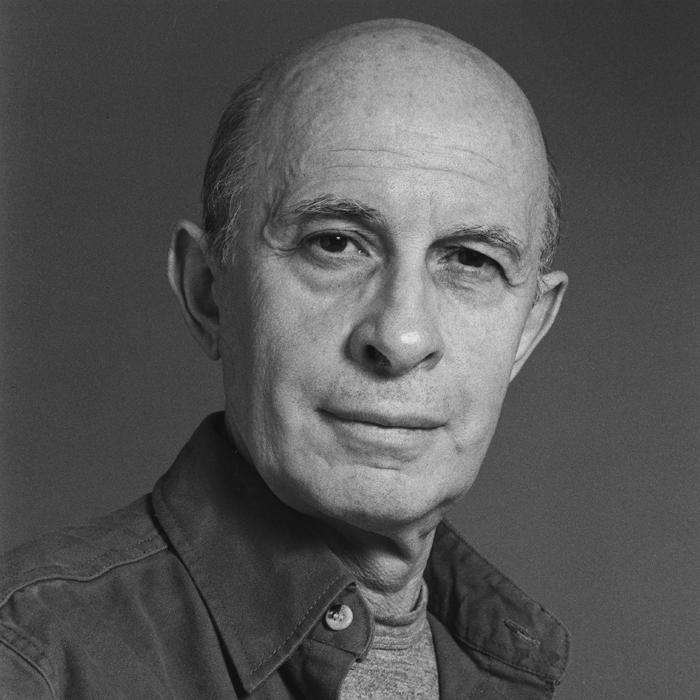Candido, Anthony / 207 projects

Tony Candido is an artist, designer, and educator. He received his B.Arch from the Illinois Institute of Technology, under the directorship of Mies van der Rohe, where he studied City Planning under Ludwig Hilberseimer. He made the first design for the longitudinal elevation of Konrad Wachsmann’s Air Force hangar, under Wachsmann’s supervision. He was an Architectural Designer with I.M. Pei from 1954-57 and, among other projects, designed a single support 180-foot diameter steel and glass umbrella structure for Roosevelt Field—a first. In 1969 he traveled to Japan for Davis, Brody and Wisniewski to supervise the design and construction of the U.S. Pavilion at Expo ’70, to which he made major design contributions. He was also an educator at The Irwin S. Chanin School of Architecture at The Cooper Union for over forty years.
Candido has been working full time and independently in his painting studio since 1957. He has exhibited his paintings at The Canadian Center for Architecture, Montreal; Galerie de L’Ecole des Beaux-Arts de Lorient, France; The International Design Forum, Asahikawa, Japan; The Institute of Contemporary Art, Boston; and the Attitudes Gallery, Denver. Candido has exhibited his work at various New York galleries, including The Painting Center, The Arthur A. Houghton Jr. Gallery of The Cooper Union, The Philippe Briet Gallery, 101 Wooster DNC Exhibition Space, Betty Parsons Gallery, Spectrum Gallery, St. Mark’s Church on the Bowery, and the Area Gallery.
Two monographs of Candido’s work were published by The Cooper Union School of Architecture: Tony Candido: Paintings/Drawings 1956 in 1993, and The Great White Whale is Black in 2014. Candido’s artworks and writings are also included in the publications New World Writings #13, 1958; Loka II, 1976; Education of An Architect, 1988; and Casabella, October 1997. He was nominated for a Chrysler Award in 2002. A number of his works were acquired by the Smithsonian Institution’s Archives of American Art in 2019.
Photograph by Seiji Kakizaki
Candido has been working full time and independently in his painting studio since 1957. He has exhibited his paintings at The Canadian Center for Architecture, Montreal; Galerie de L’Ecole des Beaux-Arts de Lorient, France; The International Design Forum, Asahikawa, Japan; The Institute of Contemporary Art, Boston; and the Attitudes Gallery, Denver. Candido has exhibited his work at various New York galleries, including The Painting Center, The Arthur A. Houghton Jr. Gallery of The Cooper Union, The Philippe Briet Gallery, 101 Wooster DNC Exhibition Space, Betty Parsons Gallery, Spectrum Gallery, St. Mark’s Church on the Bowery, and the Area Gallery.
Two monographs of Candido’s work were published by The Cooper Union School of Architecture: Tony Candido: Paintings/Drawings 1956 in 1993, and The Great White Whale is Black in 2014. Candido’s artworks and writings are also included in the publications New World Writings #13, 1958; Loka II, 1976; Education of An Architect, 1988; and Casabella, October 1997. He was nominated for a Chrysler Award in 2002. A number of his works were acquired by the Smithsonian Institution’s Archives of American Art in 2019.
Photograph by Seiji Kakizaki